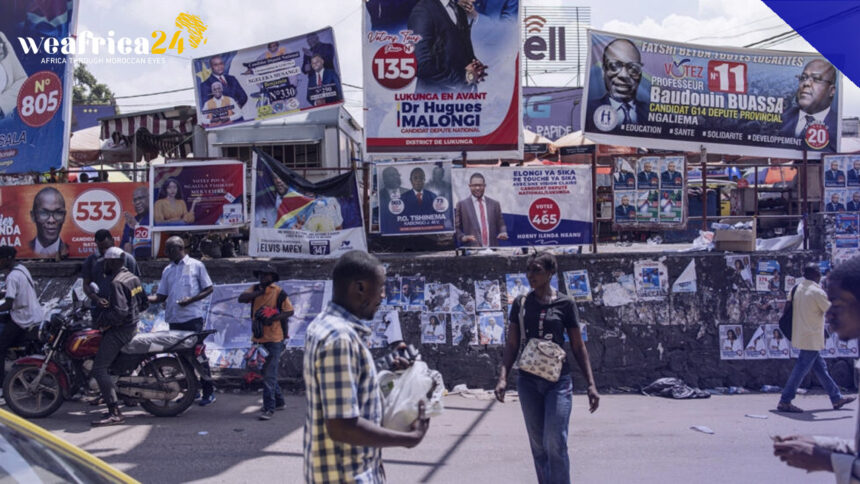In the lead-up to the upcoming elections, both the opposition and civil society express concerns over the potential for electoral fraud and are proactively organizing to address these worries. Various civic movements have initiated independent observation missions, utilizing mobile phones as their primary tool.
One such mission, named “Kapita” (meaning “Sentinel” in Lingala and Swahili), has garnered the support of 1,300 citizens mobilized through civil society networks. On election day, these volunteers will capture images of official documents, including the posted results outside polling stations, consolidating them within a designated application.
The primary aim is to establish a “parallel count” to that conducted by the National Independent Electoral Commission (Céni). Mino Bopomi, the national coordinator of the Filimbi movement, elucidates, “We will engage individuals who cast their votes and remain stationed outside the polling stations until the results are displayed. They will capture images that will be read and analyzed. Consequently, well before the Céni discloses its provisional results, we will understand the electorate’s expression through the ballot.”
This parallel counting is made feasible by a significant development in the Congolese electoral law, where, for the first time, polling stations are mandated to display official documents outside the voting precincts.
The Catholic Church’s confederation, Cenco, is also taking measures to enhance electoral transparency. It plans to deploy 11,000 citizen observers in addition to the conventional 25,000 observers, as explained by its Secretary-General, Monseigneur Donatien Nshole. These observers will not require accreditation and will be tasked with photographing official documents, subsequently forwarding them to the traditional observers.
The overarching objective is to avert a recurrence of the 2018 scenario, wherein the opposition and civil society contested Céni’s results without the ability to provide sufficient evidence. This proactive approach to observation aims to foster confidence in the electoral process and ensure a more transparent and accountable democratic outcome.







